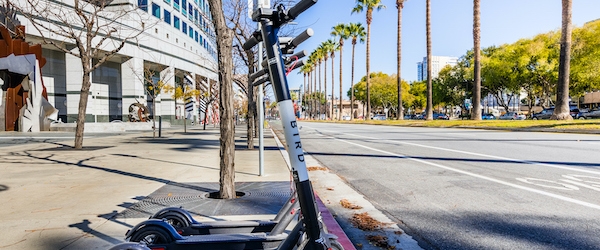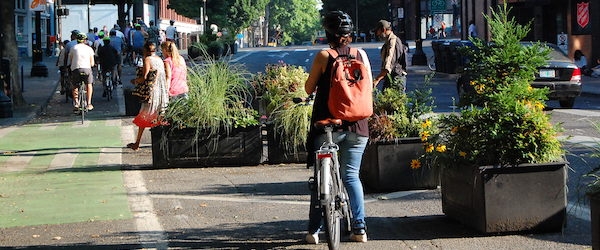In recent years, shared electric scooters (e-scooters) have taken cities around the world by storm. But how are people using this new mode of transportation? Seeking to understand the potential impacts of e-scooters on land use, infrastructure and sustainability goals, researchers have some new interesting data to share on e-scooter users, exploring the interplay between demographics, behaviors and trip purposes.
Funded by the National Institute for Transportation and Communities (NITC) and led by Kristina Currans and Nicole Iroz-Elardo of the University of Arizona and Reid Ewing of the University of Utah, the study combines a user survey with on-the-ground observations to characterize the use and safety of e-scooters. The research team also included students Dong-ah Choi,...
Read more


